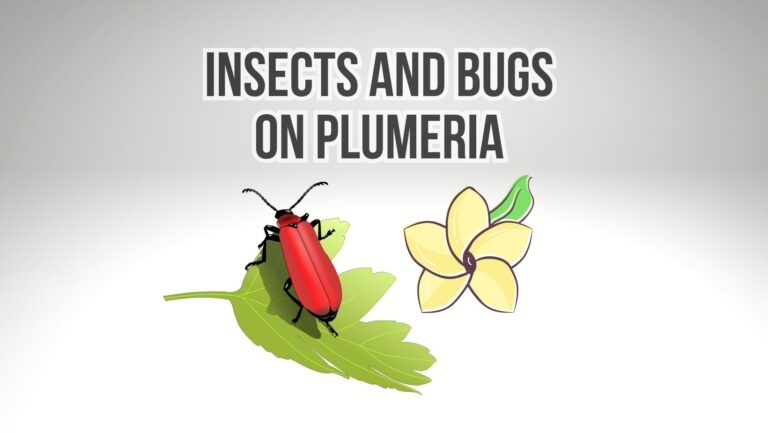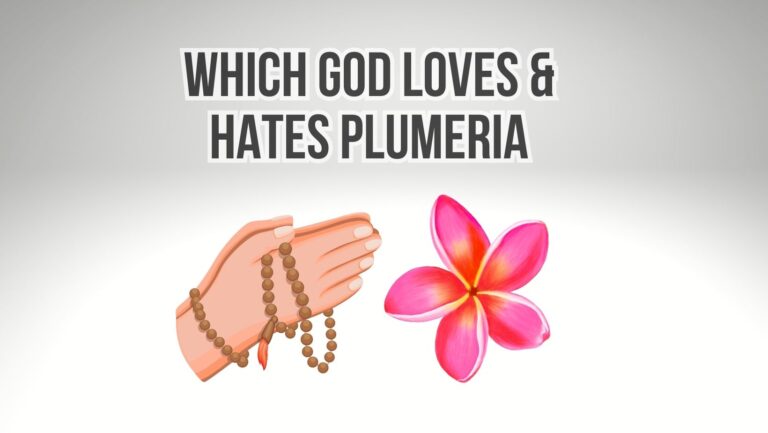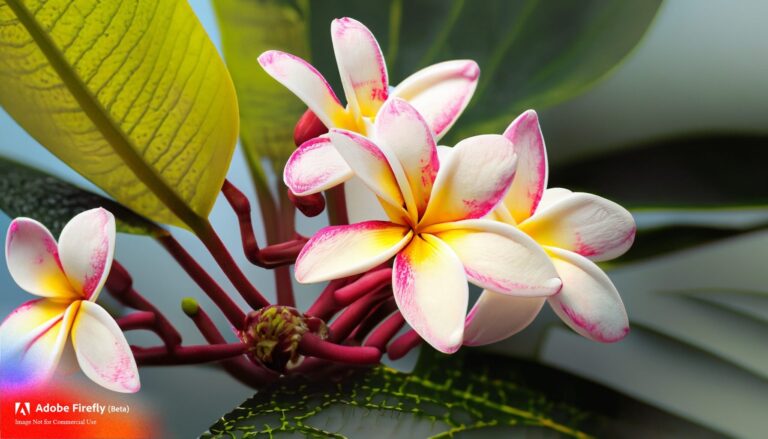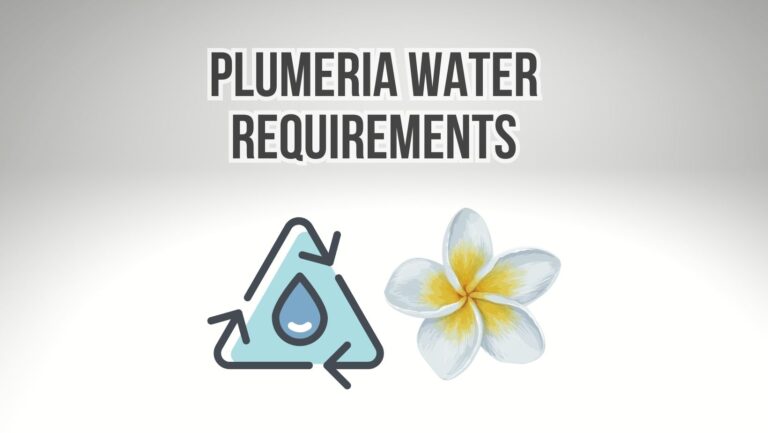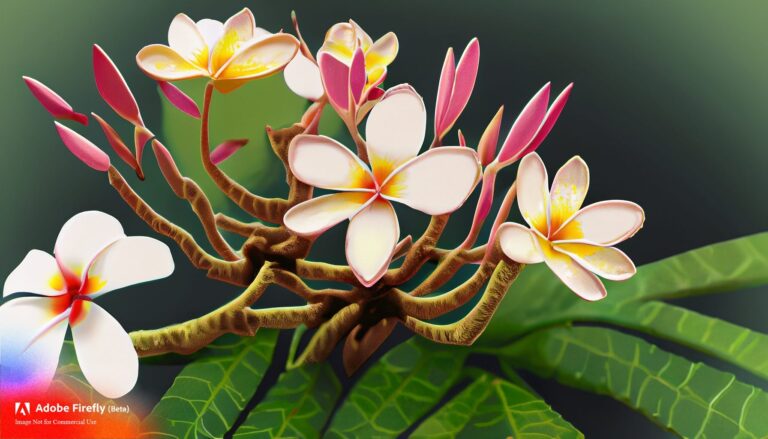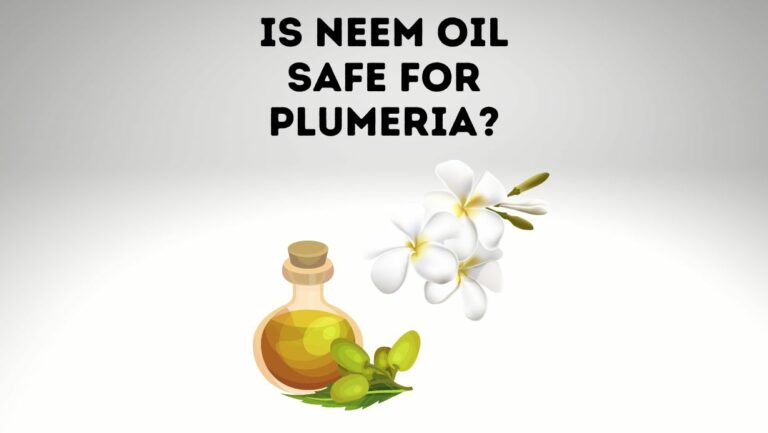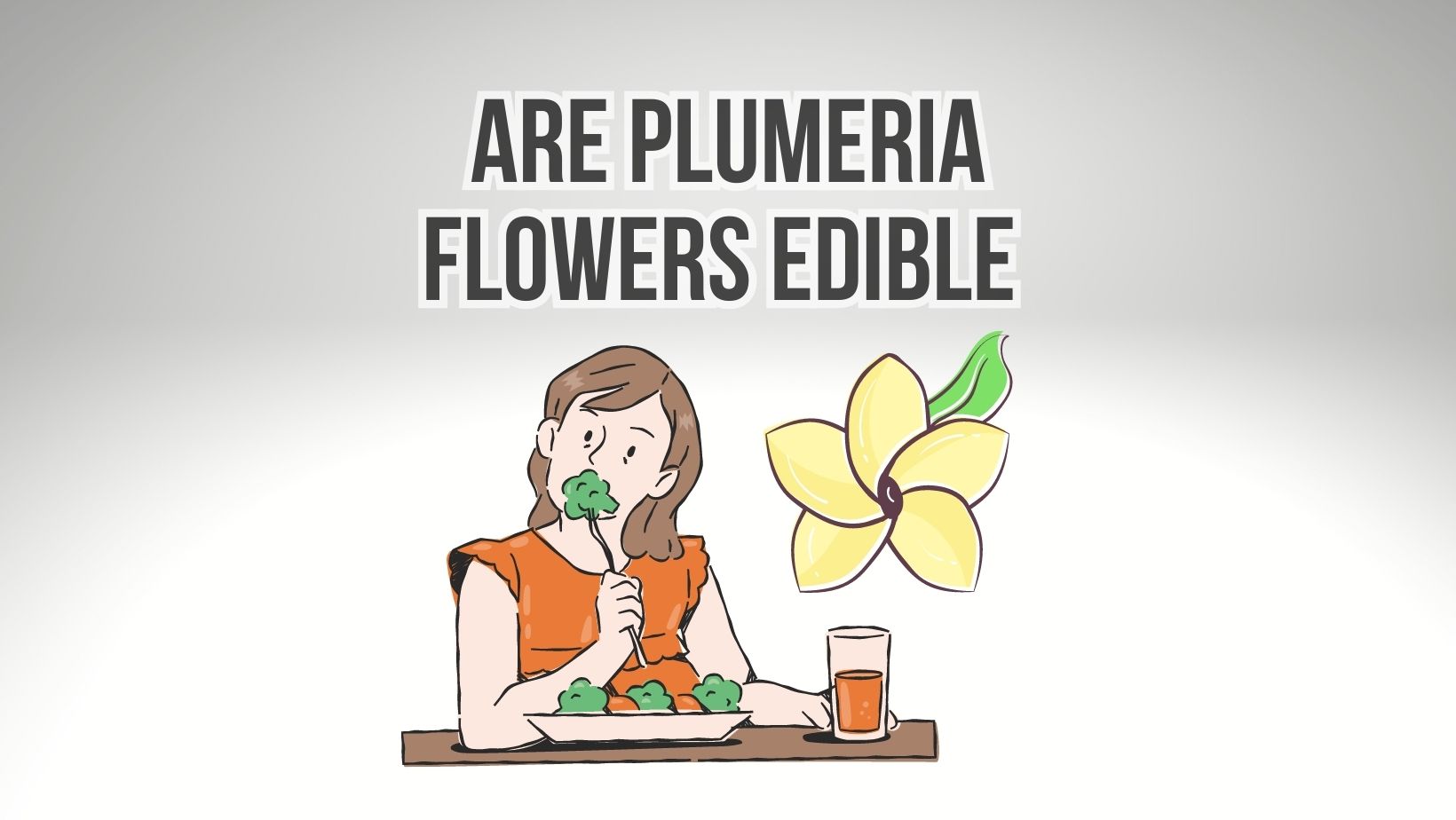
Plumeria flowers are not considered edible and are generally not consumed as food. While they are known for their beautiful appearance and enticing fragrance, plumeria flowers are not typically used for culinary purposes. However, the sap of plumeria plants can be mildly toxic and should not be ingested. It’s important to exercise caution and refrain from consuming plumeria flowers or any other parts of the plant. If you are looking for edible flowers, many other options are available that are specifically grown for culinary use.
Can I Eat Raw Plumeria Flowers?
No, it would help if you did not eat plumeria flowers. As stated in the information you provided from the El Yunque National Forest, all parts of the plumeria shrub contain mildly poisonous alkaloids. Ingesting plumeria flowers or any other parts of the plant can cause skin irritation and mild stomach pain and cramping in some individuals. It’s important to exercise caution and refrain from consuming plumeria flowers or any other parts of the plant. If you have any concerns or experience any adverse reactions, it is advisable to seek medical advice.
Can You Eat Frangipani Flowers?
Frangipani flowers, which are another name for plumeria flowers, are generally not consumed as food. While they are visually stunning and often have a pleasant fragrance, frangipani flowers are not commonly used for culinary purposes. It’s important to note that some species of plumeria, including frangipani, contain latex or sap that can be mildly toxic. Therefore, it is advisable to avoid consuming frangipani flowers or any other parts of the plumeria plant. If you are looking for edible flowers, there are numerous other varieties specifically cultivated and recognized as safe for consumption.
What Does Plumeria Taste Like?
Plumeria flowers are not typically consumed, so there is limited information available about their taste. However, it’s important to note that plumeria flowers are generally not regarded as edible and are not commonly used for culinary purposes. Their primary appeal lies in their visual beauty and pleasant fragrance rather than their taste. If you are interested in exploring edible flowers, there are many other varieties specifically cultivated for culinary use that offer a wide range of flavors, such as floral, herbal, or even spicy notes.
Are Plumeria Flowers Poisonous?
Yes, plumeria flowers, specifically the sap and other parts of the plant, can be toxic if ingested. They contain substances such as alkaloids and latex that can cause irritation, stomach upset, and allergic reactions in some individuals. It’s important to exercise caution and prevent ingestion of plumeria flowers or any other parts of the plant. Keep them out of reach of children and pets to avoid potential harm. If accidental ingestion occurs or if you experience any adverse reactions after contact with plumeria, it is recommended to seek medical advice immediately.
Are Plumerias Medicinal?
It’s important to note that the consumption or use of any plant for medicinal purposes should be done under the guidance of a qualified healthcare professional or practitioner. They can provide accurate information and guidance based on your specific health needs and potential interactions with medications or existing health conditions.
Plumeria in Making Tea and Salads
While there are claims and traditional uses of frangipani flowers for medicinal purposes in some cultures, it’s important to note that the consumption of frangipani flowers or any other parts of the plumeria plant for culinary or medicinal purposes should be approached with caution.
Some Internet sources suggest that frangipani flowers can be used to make tea after being sun-dried, and it is believed to have effects such as curing fever, treating diarrhea, cleansing the lungs, and promoting detoxification. However, it’s important to emphasize that there is limited scientific evidence supporting these claims, and the consumption of frangipani flowers may pose health risks due to the presence of toxic compounds.
Regarding the use of plumeria blooms in salads, tea, fried dishes, candies, jellies, and omelets, it’s crucial to note that plumeria flowers contain toxic substances and are generally not considered safe for consumption. The alkaloids and latex found in plumeria flowers can cause irritation, stomach discomfort, or allergic reactions in some individuals.
Summary
To ensure your safety and well-being, it is advisable to refrain from consuming frangipani flowers or any other parts of the plumeria plant unless under the guidance of a qualified healthcare professional or practitioner who is knowledgeable about their potential benefits and risks.

